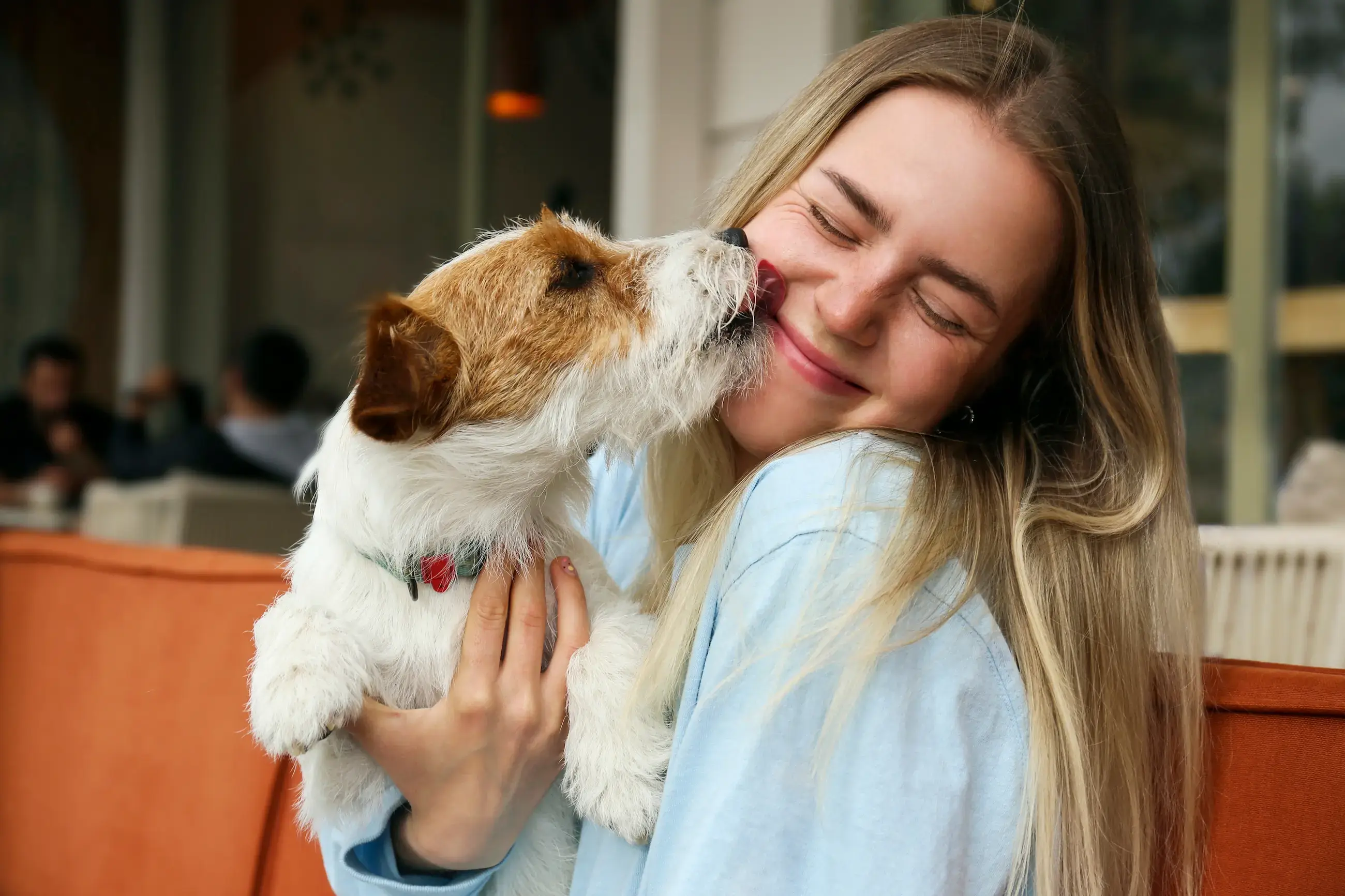Caring for Senior Pets
October 15, 2014
Written By: VetriScience
 As we edge closer to November weather, we’re also approaching Adopt a Senior Pet Month – and it’s as good a time as any to discuss what it takes to care for an older pet.
As we edge closer to November weather, we’re also approaching Adopt a Senior Pet Month – and it’s as good a time as any to discuss what it takes to care for an older pet.
One thing that’s reassuring about owning an older pet: you’re definitely not alone.
As of February 2014, 45% of dog owners reported having a dog age seven or older. (Large dogs are considered geriatric at around six years, while smaller breeds reach that distinction at around age seven.)
Dogs aren’t the only ones growing up fast. Forty-six percent of cat owners say their cat is in the oldest age bracket.
And in 2006, The American Veterinary Medical Association’s data showed that 31 percent of pet-owning households had pets ages 11 or older, a 25 percent increase since 1987.
Of course this makes sense. As our lifespans lengthen, so do those of our pets. With better medical care and more strict specialization comes older age.
But how do we ensure that the years our pets live are lived well?
If you currently own or are thinking about adopting a senior pet, read on for the perfect quick guide to care.
Think about thinking
Pet and human aging are very similar. And that means that as the body grows older, so too does the brain; cognitive decline is a real concern for pet health.
The most important thing you can do to help your pet live healthily in his later years is to continue to offer mental stimulation. This stimulation can take the form of a game of fetch, a reminder of how to shake hands or a new toy for your cat. Simply interacting with your senior pets on a regular basis can help them stay mentally sharp.
Of course, if you do notice any cognitive decline, speaking to a veterinarian can bring some insight.
Get Moving
 When it comes to exercise, routines should be adapted to your pet’s age. With senior cats, weight loss can be a concern, whereas with dogs, weight gain is usually the issue in older age.
When it comes to exercise, routines should be adapted to your pet’s age. With senior cats, weight loss can be a concern, whereas with dogs, weight gain is usually the issue in older age.
Keeping your pets mobile with adjusted activity is a must. Talk to your veterinarian if you have concerns about movement and how to adapt their routines to an aging lifestyle.
Rearranging priorities – and furniture
Sometimes senior pets need a little extra personal space.
Sometimes that space needs to be moved to the downstairs area of a home, where they can be safe, comfortable, and occasionally alone.
You may consider choosing a special bed to make your senior pet comfortable when she’s just lounging around.
Trying something new
With aging will come necessary changes in diet, supplementation and medication routines.
Often, senior pets need foods that are more easily digestible or have higher levels of certain nutrients. To help your pet age gracefully, talk to your vet about establishing a new feeding routine.
While you’re involved in that process it’s valuable to bring up the topic of supplementation, as the type of support your pet is looking for may have also changed with time and age.
Our most popular products to support senior pets include the multi-pronged vitamin/mineral formulas Canine Plus Senior and Nu Cat Senior, as well as the mobility support formulas Glyco-Flex Stages.
Topics: Supplements, General Animal Health



%20(1)-1.webp)
